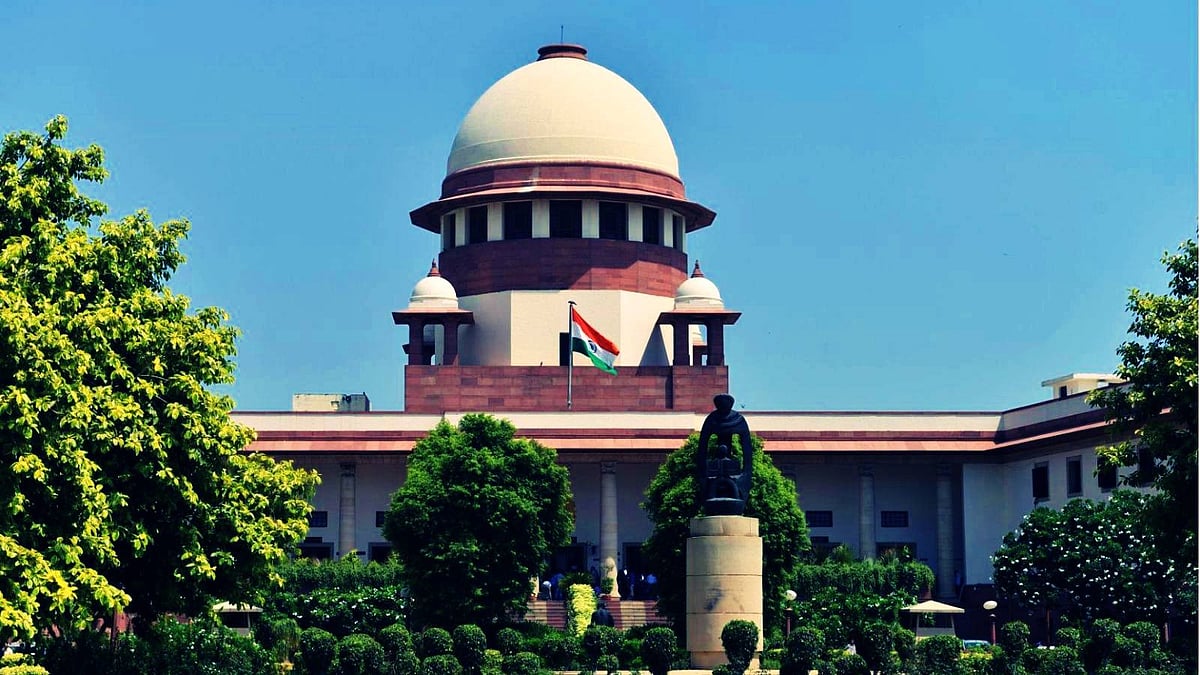Supreme Court Orders High Courts To Pronounce Judgments Within Three Months Of Reservation
Live Law reports a bench of Justices Sanjay Karol and Prashant Kumar Mishra said it was “extremely shocking and surprising” that in many cases, judgements are not delivered for months or even years after being reserved.

Supreme Court of India | PTI
New Delhi: The Supreme Court on Monday directed High Courts to pronounce judgements within three months, in case the matter is reserved, expressing serious concern over inordinate delays in pronouncing judgements after hearings, and warning that such delays undermine public faith in the judicial process.
Live Law reports a bench of Justices Sanjay Karol and Prashant Kumar Mishra said it was “extremely shocking and surprising” that in many cases, judgements are not delivered for months or even years after being reserved. The Court said it is repeatedly confronted with matters where proceedings are kept pending in the High Courts for more than three months, and in some cases for over six months or longer.
In many High Courts, no system allows litigants to inform the concerned Bench or the Chief Justice about delays in the delivery of judgments. As a result, the litigant loses his faith in the judicial process, defeating the ends of justice.
Reiterating the principles laid down in Anil Rai v. State of Bihar (2002), the Bench directed that if a judgment is not delivered within three months of being reserved, the Registrar General of the High Court must place the matter before the Chief Justice. The Chief Justice must then call upon the concerned Bench to pronounce the judgment within two weeks. If the order is still not passed, the Chief Justice will reassign the case to another Bench. The Court also directed that Registrars General of all High Courts must furnish to the Chief Justice a list of cases where judgments reserved are not pronounced within that month, and continue doing so for three consecutive months.
ALSO READ
The Bench criticised the practice followed by many High Courts of pronouncing only the final order without delivering a reasoned judgement for a substantially long time. It said this deprives the aggrieved party of the opportunity to seek further judicial redressal, a practice earlier deprecated in several judgments, including Ratilal Jhaverbhai Parmar and Others vs. State of Gujarat and Others (2024). The directions came while the Court was dealing with a special leave petition concerning a criminal appeal pending since 2008 in the Allahabad High Court. The appellant had moved the High Court on nine occasions seeking an early hearing and disposal of the appeal. By an order dated April 15, the Supreme Court had already requested the High Court to decide the appeal expeditiously, preferably within three months.
However, it was informed that the Allahabad High Court had reserved its judgment in the matter on December 24, 2021, but did not pronounce it. The case was later listed before the Chief Justice, who assigned it to a regular Bench. In January 2023, it was again placed before the Chief Justice, but since no one appeared, the matter was adjourned and eventually remained undecided.
Taking note of this, the Supreme Court directed the Registrar General of the Allahabad High Court to immediately bring the matter to the notice of the Chief Justice and also submit a report on the averments made.
RECENT STORIES
-
-
-
-
-